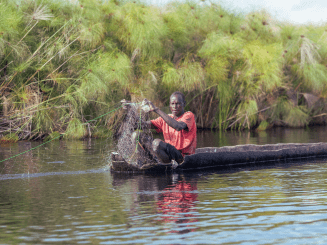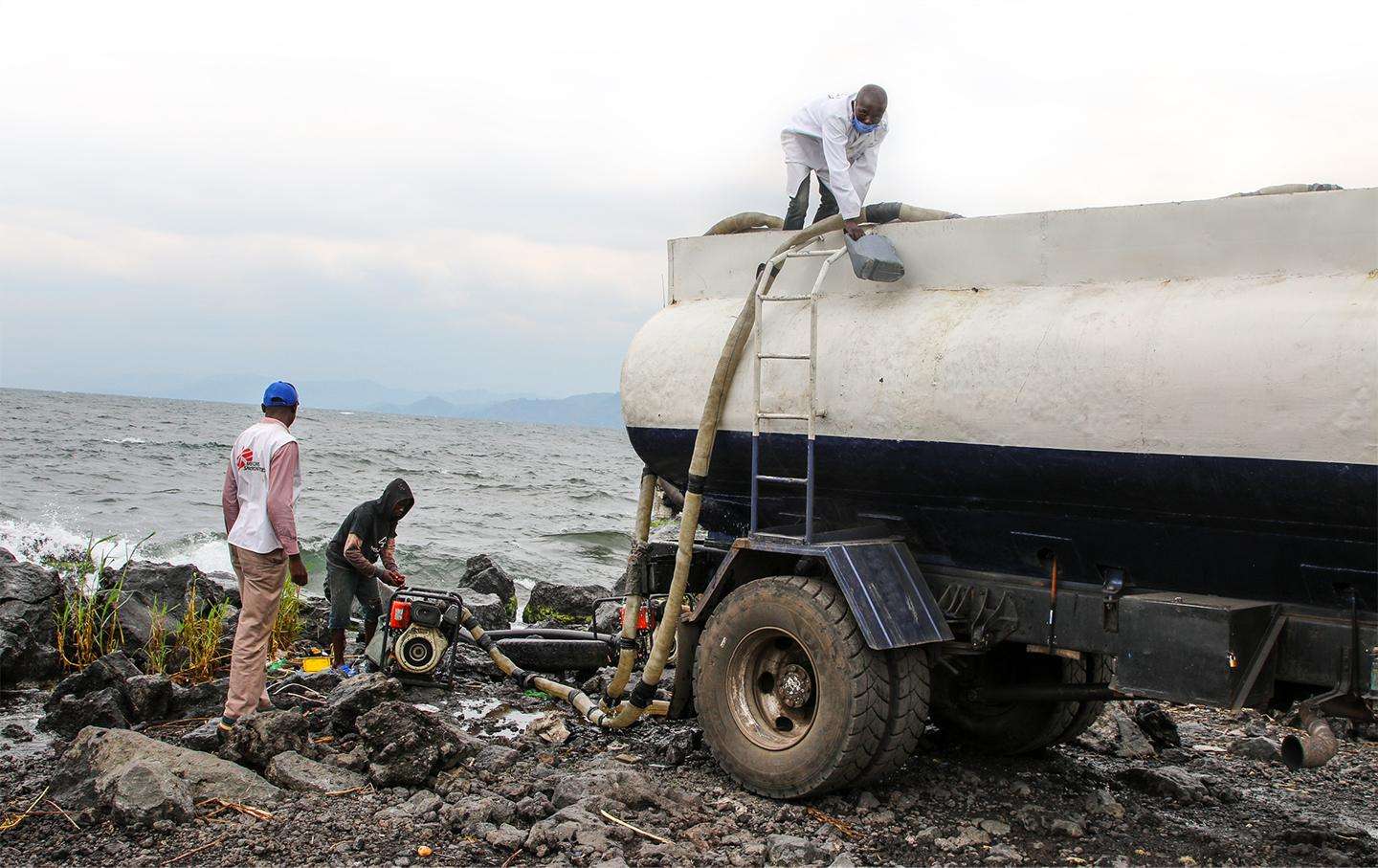2024: The year in photos
story Dec 06, 2024
Get the latest news, stories, videos, and more from our medical humanitarian projects around the world.
Speaking out about the emergencies our staff and patients witness is part of who we are. Explore our history and principles.
Story | Dec 10, 2024
As northern Nigeria faces rising food insecurity and malnutrition, a solar power project is helping address health challenges while reducing carbon emissions.
Read More
Story | Dec 05, 2024
Projections are "catastrophic" for 2025, and additional support is urgently needed.
Read More
Story | Dec 02, 2024
Capturing moments of resilience and hope.
Read More
Story | Nov 25, 2024
Recent heavy rains have resulted in malaria outbreaks in Baringo and Turkana counties, while Marsabit county contends with the spread of measles.
Read More
Story | Nov 15, 2024
The climate crisis is having devastating consequences on people’s mental and physical health—and these consequences are not being distributed equally.
Read More
Story | Nov 13, 2024
How the country most impacted by climate change is also one of the least equipped to adapt to the consequences.
Read More
Research | Nov 11, 2024
The ripple effect of each failure on health systems in humanitarian settings
Read More
Story | Oct 18, 2024
When the rainy season hits Cross River state, getting patients to health facilities can be tough—but not impossible.
Read More
Story | Sep 11, 2024
The rainy season in Magaria health district is marked by a surge in malaria and malnutrition cases each year.
Read More
Story | Sep 09, 2024
MSF is working to ensure sustainable access to clean water in a country where more than half the population uses unsafe water sources like rivers and unprotected wells.
Read More

Your unrestricted gifts enable us to provide lifesaving medical humanitarian care on the ground and speak out about what we see.